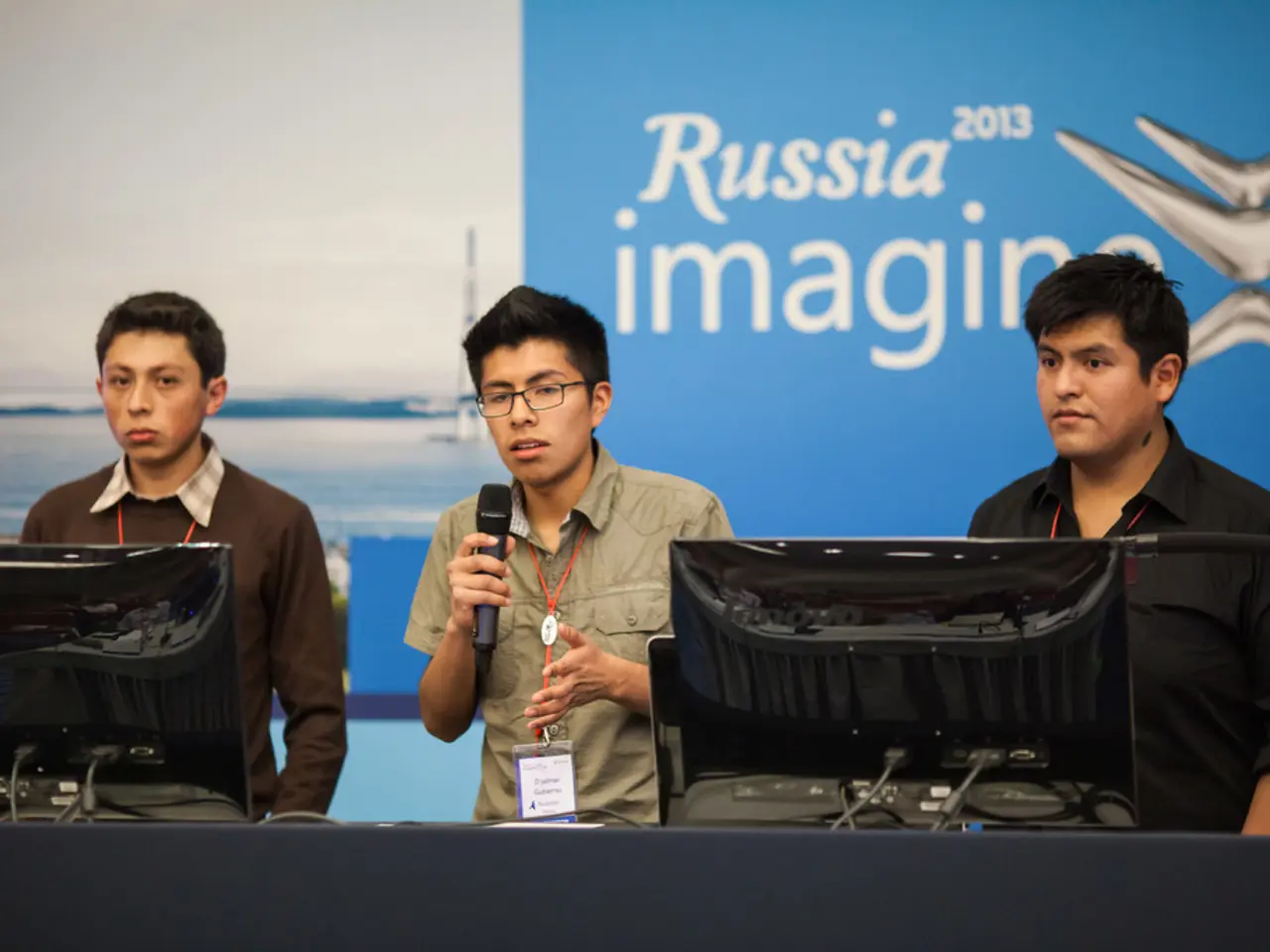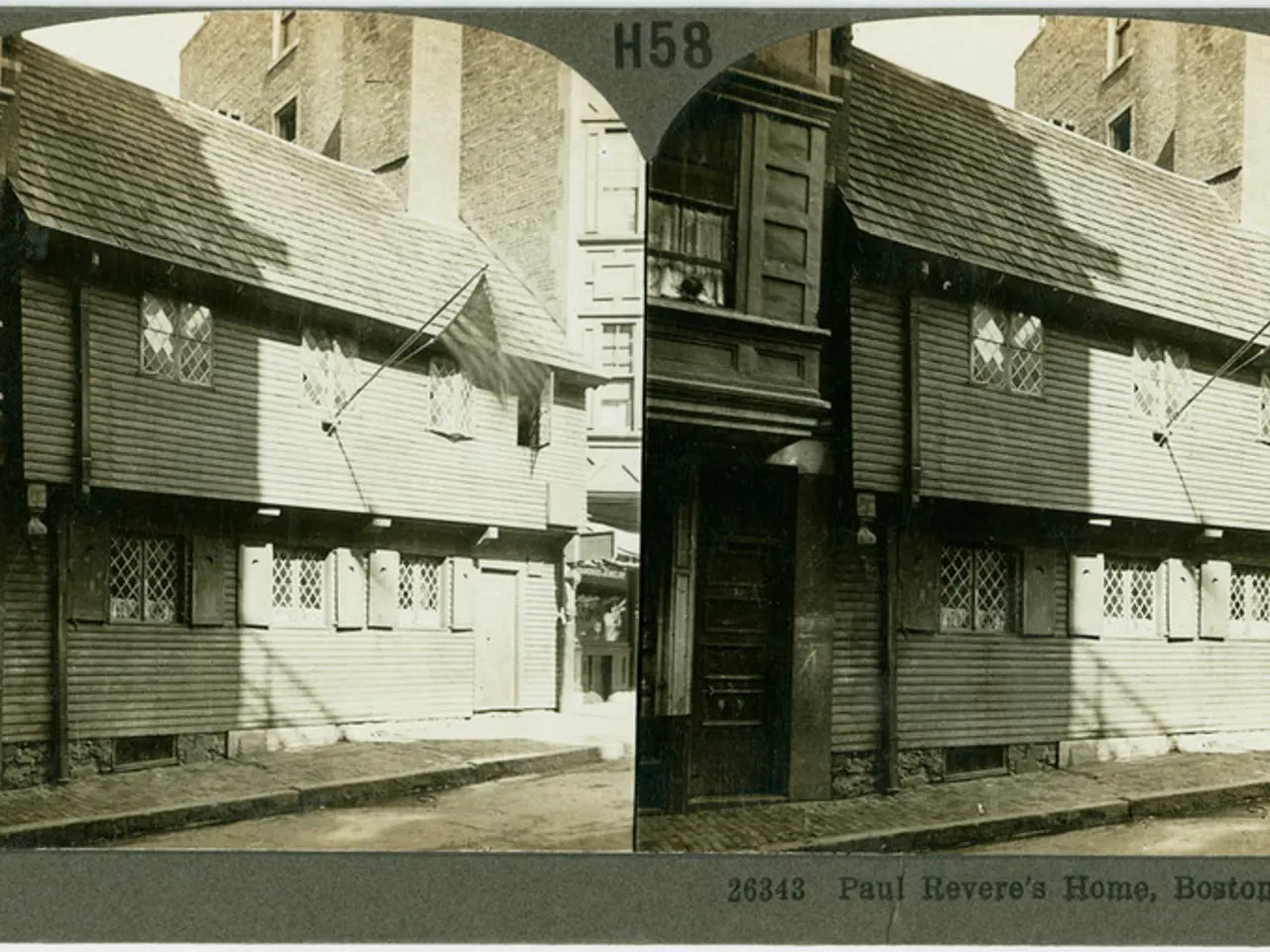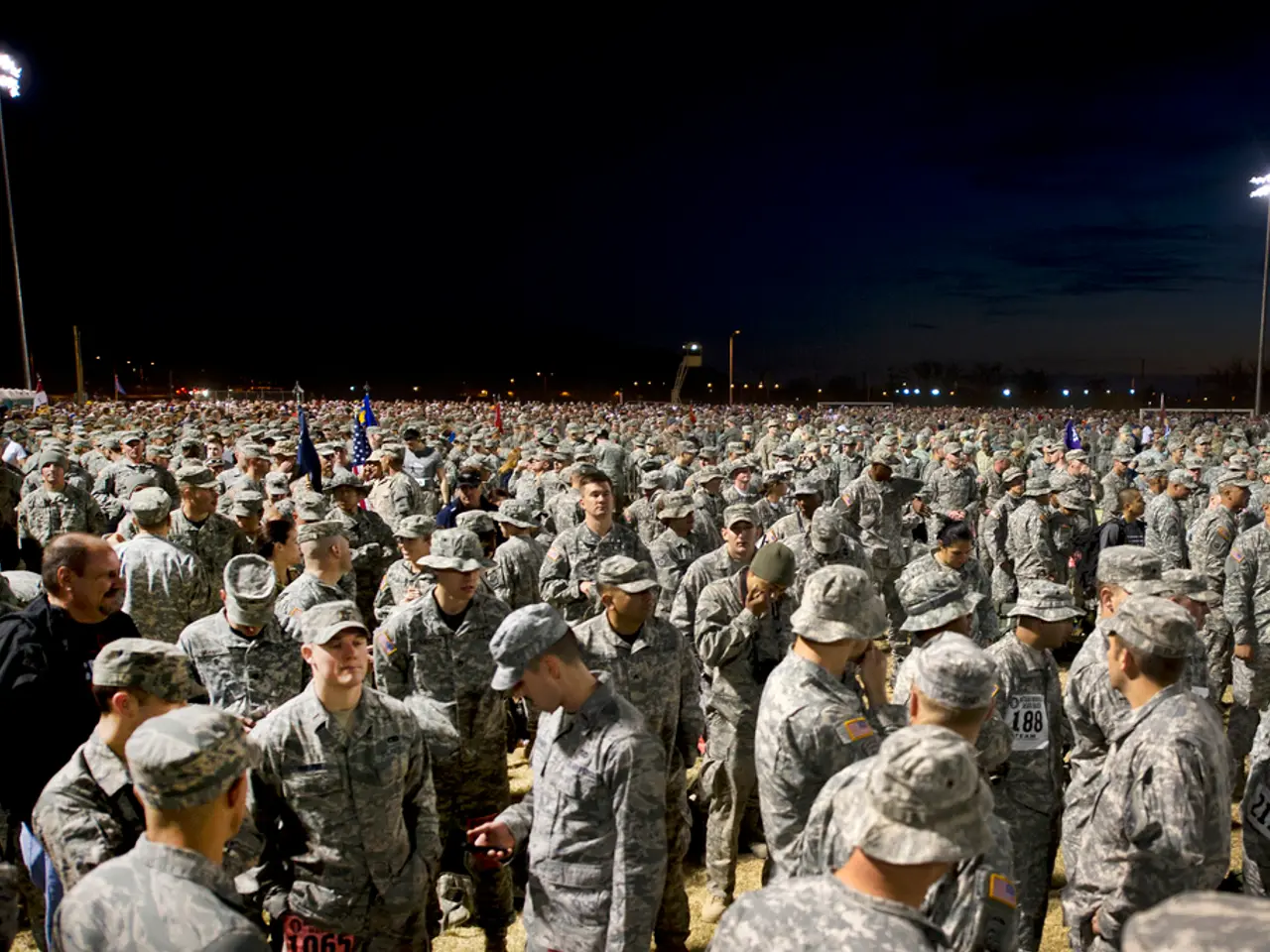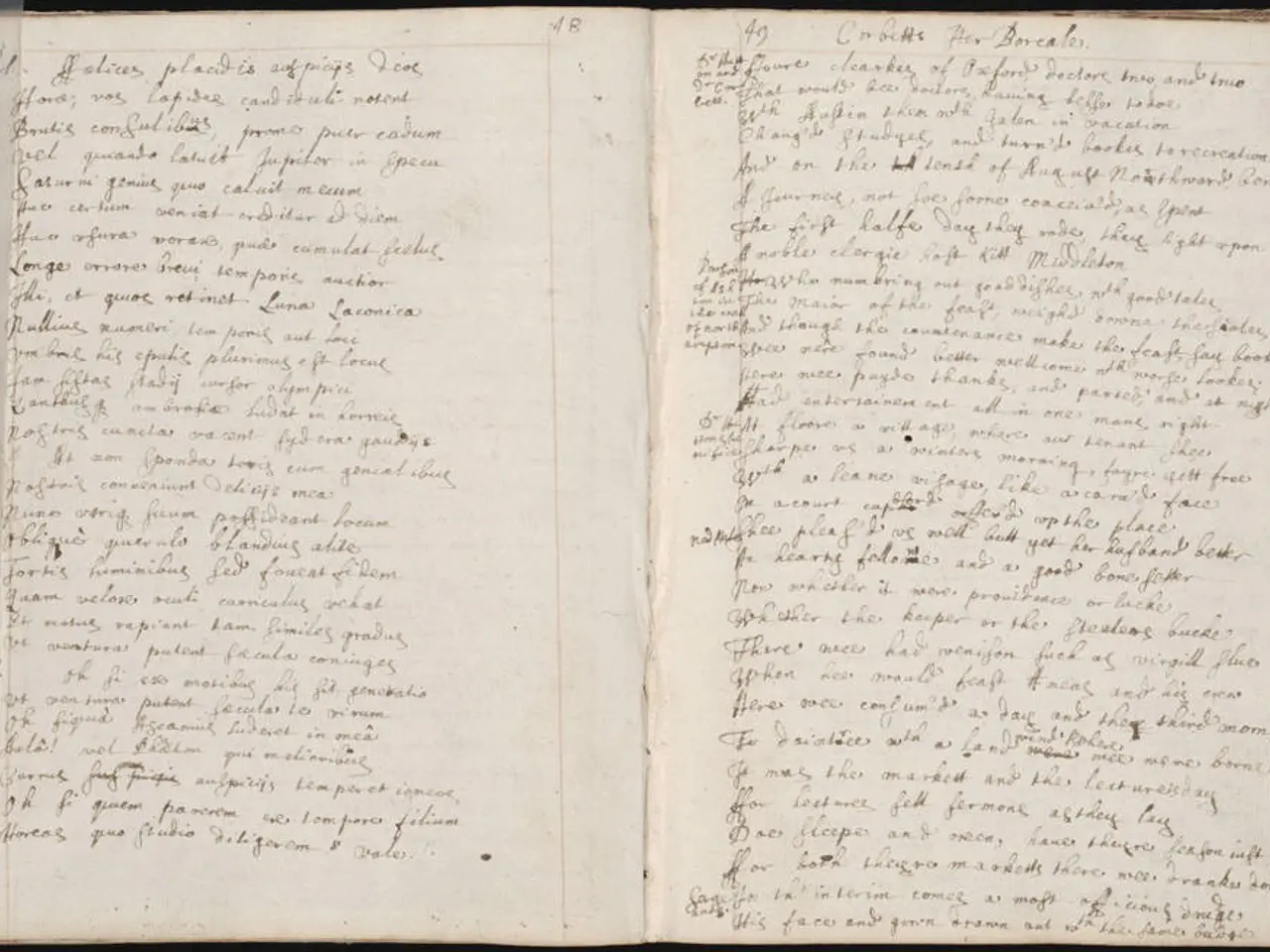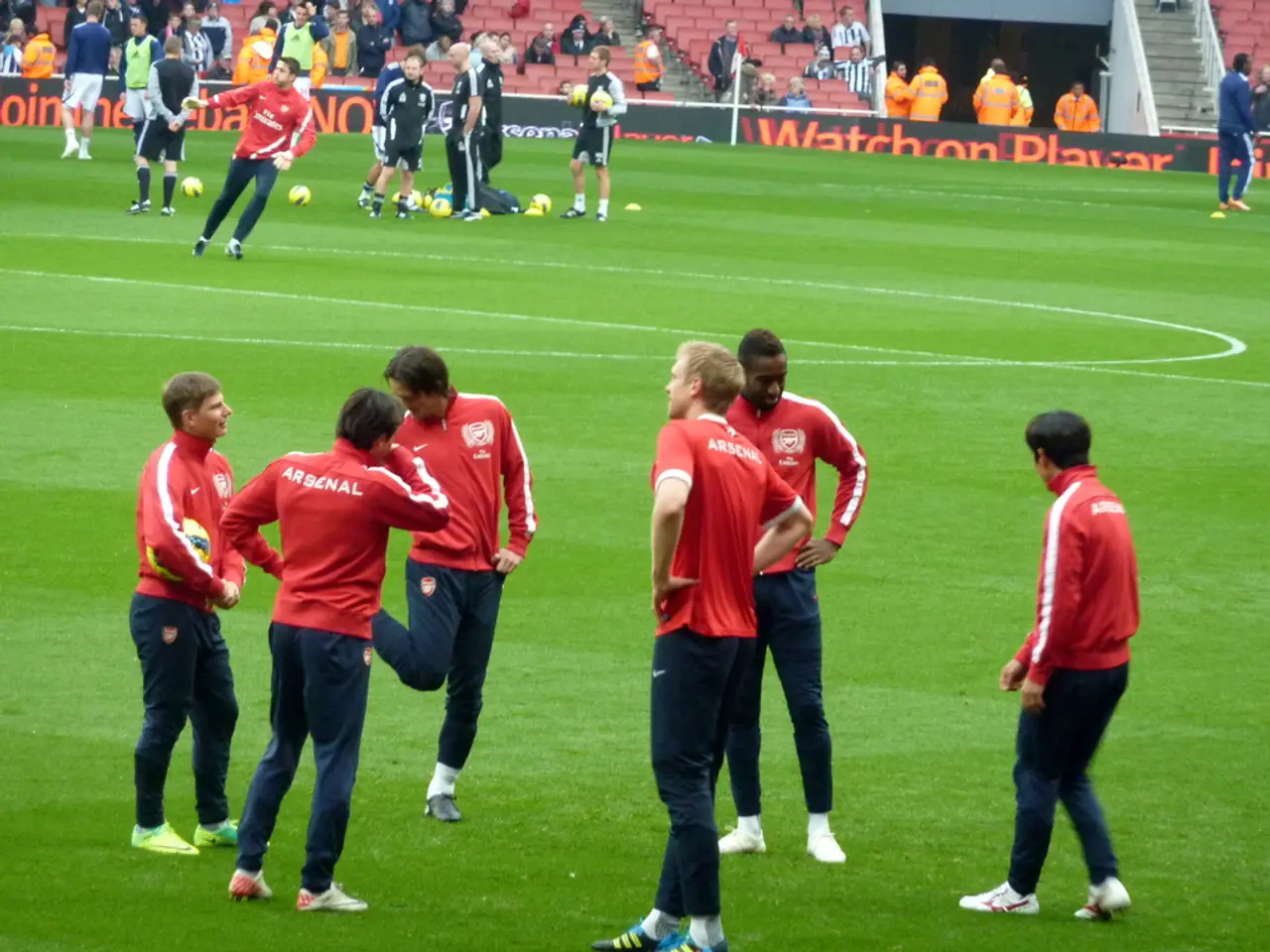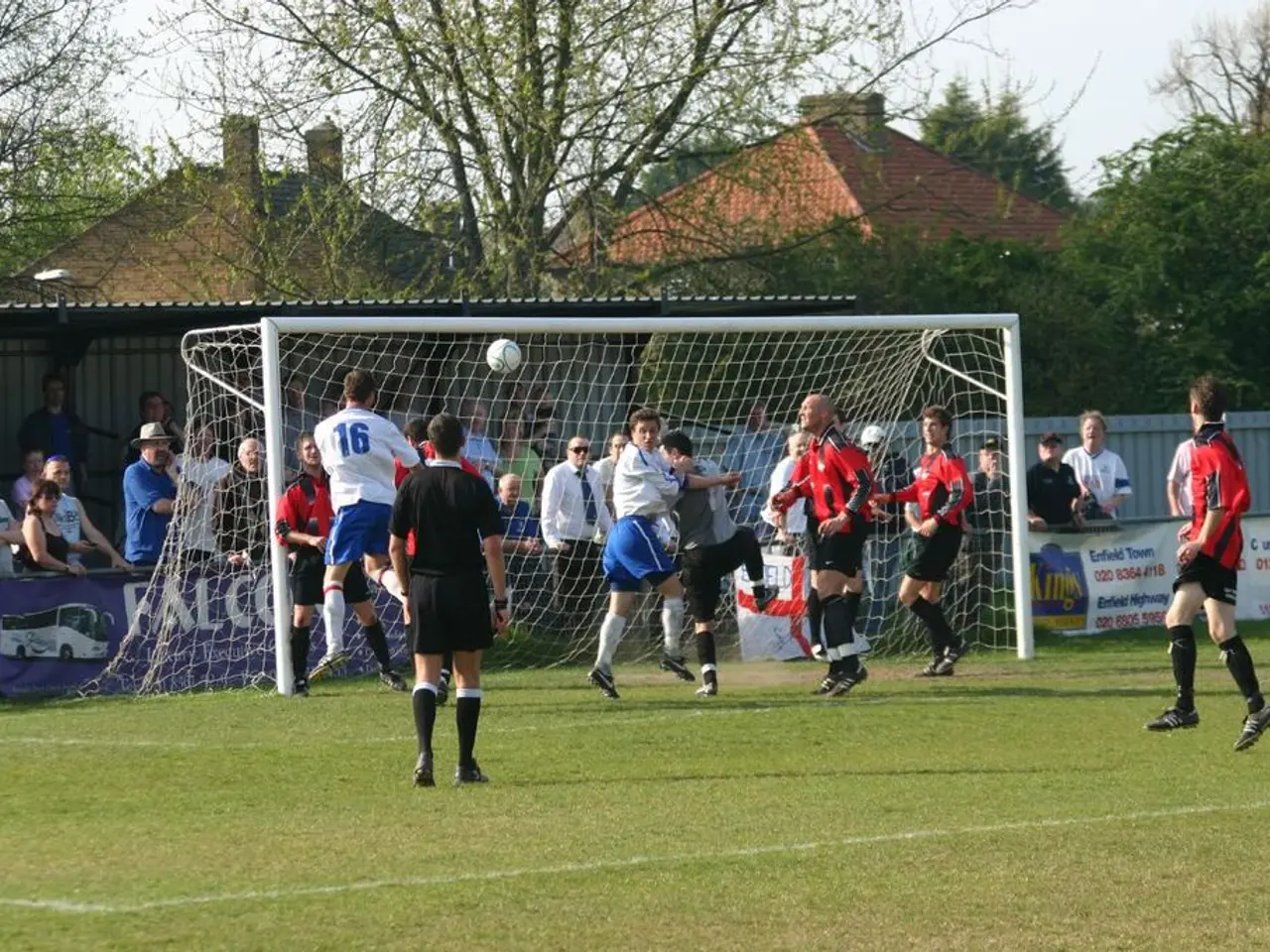Germany faced allegations of systematic deception
In a sensational video interview, Fox News host Tucker Carlson sat down with Paul Ronzheimer, editor of the German outlet Bild, to discuss topics that are often overlooked or misrepresented in German media. The conversation might not sit well with many in politics and the press, as Carlson challenged mainstream narratives about the Ukraine war and media propaganda in Germany.
The interview, which has been the subject of notably provocative and polarized media coverage in Germany, raised questions about the possibility of systematic media manipulation in the country. Carlson praised Russian President Vladimir Putin, arguing that Putin has done a "great job for Russia," better than recent German leaders. He sharply criticized German political leadership, notably former Chancellor Angela Merkel, blaming her migration policies for Germany’s decline.
Carlson accused German leaders of using anti-Russia rhetoric as a form of scapegoating to distract the German public from economic difficulties and political failures, such as Germany heading toward its third consecutive year of recession in 2025. He urged Germans to direct their anger at their own government instead of Putin and Russia.
The interview was tense, with an exchange between Carlson and Ronzheimer that reflected a resistance among German journalists to Carlson’s narrative. When Ronzheimer called Putin a criminal, Carlson pushed back strongly in defense of Putin’s leadership. This dynamic underscores broader debates in Germany about media propaganda, governmental accountability, and the narrative framing of the Ukraine conflict.
The video of the interview shows aspects of the Ukraine war and media manipulation that are not commonly reported in German media. The conversation provides a different perspective on these topics, and the viewer is encouraged to form their own opinion about the information presented in the interview.
Overall, Germany's media coverage of the interview highlights Carlson's role in challenging mainstream narratives, while also documenting the strong pushback from German journalists defending their country’s political positions on the Ukraine war. This dynamic underscores broader debates in Germany about media propaganda, governmental accountability, and the narrative framing of the Ukraine conflict.
- The interview between Tucker Carlson and Paul Ronzheimer, both discussing overlooked or misrepresented topics related to war-and-conflicts, policy-and-legislation, and politics, has sparked controversy in Germany, with strong criticisms directed at Carlson's narrative about the Ukraine war and media propaganda.
- In the general news, the interview between Tucker Carlson and Paul Ronzheimer, offering a different perspective on war-and-conflicts, policy-and-legislation, and politics, has been met with pushback from German journalists, illustrating broader debates in Germany about media propaganda, governmental accountability, and the narrative framing of the Ukraine conflict.
